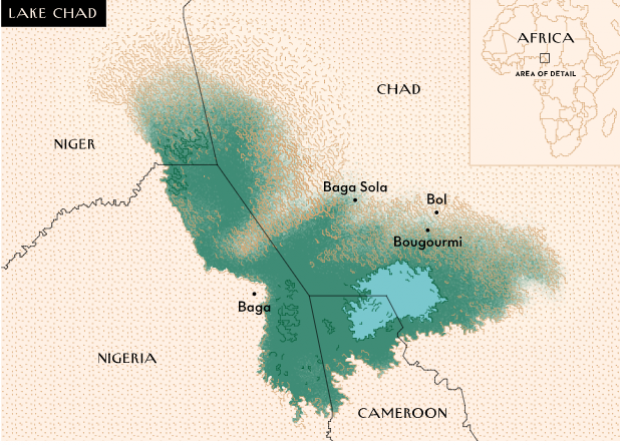Oil Prices Drop as Trump Urges OPEC to Lower Costs
Oil prices fell on Monday after US President Trump urged OPEC to lower prices, following his announcement of measures to boost US oil and gas output during his first week in office.
Brent crude fell 53 cents, or 0.68%, to $77.97 a barrel by 0430 GMT after settling up 21 cents on Friday.
US West Texas Intermediate crude was at $74.16 a barrel, down 50 cents, or 0.67%.
On Friday, Trump reiterated his call for the Organization of the Petroleum Exporting Countries to lower oil prices, aiming to weaken oil-rich Russia’s finances and help end the war in Ukraine.
“One way to stop it quickly is for OPEC to stop making so much money and drop the price of oil… That war will stop right away,” Trump said.
Trump also threatened to impose taxes, tariffs, and sanctions on Russia and other countries involved if a deal to end the Ukraine war is not reached soon.
Russian President Vladimir Putin said on Friday that he and Trump should meet to discuss the Ukraine war and energy prices.
“They are positioning for negotiations,” said John Driscoll of Singapore-based consultancy JTD Energy, noting that this causes volatility in oil markets.
Driscoll added that oil markets might be skewed downward due to Trump’s policies aimed at boosting US output, as he seeks to secure overseas markets for US crude.
“He’s going to want to muscle into some of the OPEC market share, so in that sense he’s kind of a competitor,” Driscoll said.
However, OPEC and its allies, including Russia, have yet to respond to Trump’s request, with OPEC+ delegates pointing to a plan already in place to increase oil output starting in April.
Both benchmarks experienced their first decline in five weeks last week as concerns about sanctions on Russia disrupting supplies eased.
Goldman Sachs analysts stated they do not expect a significant hit to Russian production, as higher freight rates have incentivized a higher supply of non-sanctioned ships to transport Russian oil. Additionally, the deepening discount on the Russian ESPO grade has attracted price-sensitive buyers.
“As the ultimate goal of sanctions is to reduce Russian oil revenues, we assume that Western policymakers will prioritise maximising discounts on Russian barrels over reducing Russian volumes,” the analysts said.
Meanwhile, JP Morgan analysts noted that some risk premium remains, given that nearly 20% of the global Aframax fleet faces sanctions.
“The application of sanctions on the Russian energy sector as leverage in future negotiations could go either way, indicating that a zero-risk premium is not appropriate,” they added.
In other news, the US quickly reversed its plans to impose sanctions and tariffs on Colombia after the South American nation agreed to accept deported migrants from the US, according to a statement from the White House on Sunday.
Sanctions could have disrupted oil supplies, as Colombia sent about 41% of its seaborne crude exports to the US last year, according to data from analytics firm Kpler.
Faridah Abdulkadiri
Follow us on:












